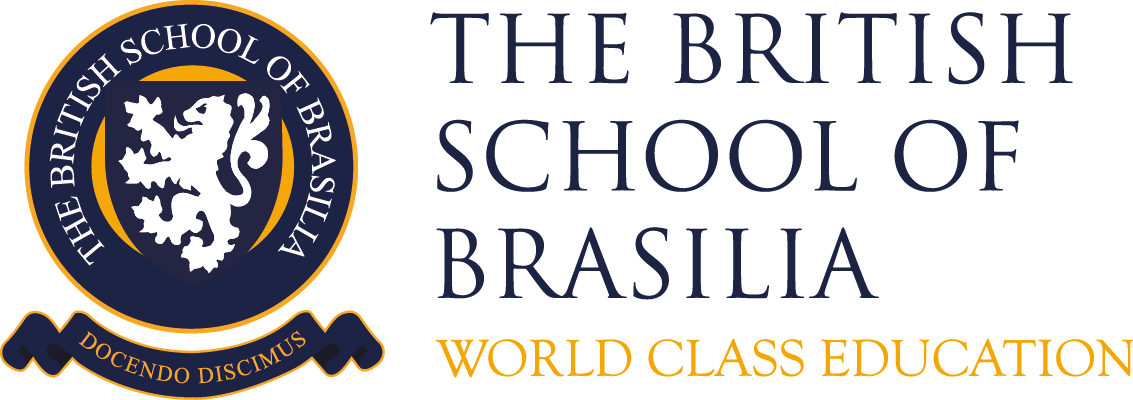Geography
Geography is a key element of the Knowledge and Understanding strand of our Extended Curriculum.
The study of Geography stimulates an interest in and a sense of wonder about places. It helps young people make sense of a complex and dynamically changing world. It explains where places are, how places and landscapes are formed, how people and their environment interact, and how a diverse range of economies, societies and environments are interconnected. It builds on pupils’ own experiences to investigate places at all scales, from the personal to the global.
Pupils will learn that Geography extends far beyond the classroom, homework and field-trips will provide an invaluable extension of learning. In the classroom they will do a variety of activities including questioning, data-gathering and analysis, presentations, extended writing and designing/modeling. There will be plenty of opportunities for individual learning and research as well as group work.
Year 7, 8 and 9 topics cover Physical, Environmental and Human Geography and include Mapping Skills, Weather, Climate Change and Resources, Earthquakes, Rainforests and Development.
Geography can be offered as an IGCSE subject in Year 10 and 11.
The study of Geography stimulates an interest in and a sense of wonder about places. It helps young people make sense of a complex and dynamically changing world. It explains where places are, how places and landscapes are formed, how people and their environment interact, and how a diverse range of economies, societies and environments are interconnected. It builds on pupils’ own experiences to investigate places at all scales, from the personal to the global.
Pupils will learn that Geography extends far beyond the classroom, homework and field-trips will provide an invaluable extension of learning. In the classroom they will do a variety of activities including questioning, data-gathering and analysis, presentations, extended writing and designing/modeling. There will be plenty of opportunities for individual learning and research as well as group work.
Year 7, 8 and 9 topics cover Physical, Environmental and Human Geography and include Mapping Skills, Weather, Climate Change and Resources, Earthquakes, Rainforests and Development.
Geography can be offered as an IGCSE subject in Year 10 and 11.



